Subscriber Benefit
As a subscriber you can listen to articles at work, in the car, or while you work out. Subscribe NowEight judges and attorneys sat before the Indiana Judicial Nominating Commission Monday in the Indiana Statehouse and explained why they each think they’re best to sit on the appellate bench.
Indiana Court of Appeals Judge Patricia Riley’s upcoming retirement in August has created a vacancy on the bench that represents northern Indiana. The commission is tasked with picking three candidates for Gov. Eric Holcomb to choose from as Riley’s successor.
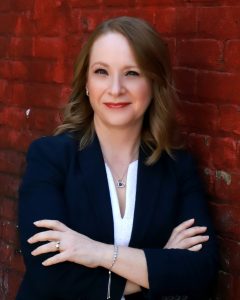
LaPorte Superior Court Judge Jaime M. Oss was the first to be interviewed at 9:15 a.m. this morning. Oss previously applied for the Indiana Supreme Court in 2022, 2017 and 2016 but was not chosen as a finalist.
The commission began firing its questions asking what she hopes to bring to the appellate bench. Oss said she wants to be out in the community as much as possible connecting with attorneys and law students.
Oss has been on the trial court bench for three years now, entering during the COVID-19 global pandemic. She said that when she started she was greeted with a backlog in cases and has worked to improve the case management flow.
When asked what she finds challenging about case management, she responded the volume and time management. She added that she enjoys legal research and writing and would like to do more of it.
“I feel called to do this,” Oss said.
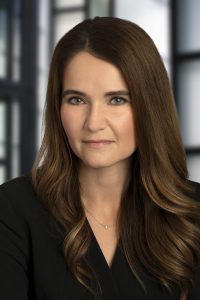
Next, partner with Lewis Brisbois Bisgaard & Smith LLP Anna Mandula was interviewed.
The commission was quick to ask Mandula about her practice and how she stands out to candidates who are judicial officers.
She said that it would be a transition for her but one that she is prepared to make.
Mandula spoke on how her parents immigrated to the U.S. and gave her the opportunity at a different life.
“This is now an opportunity for me to give back and protect our rule of law,” Mandula said.
Anthony W. Patterson asked her what her life may look like in the future if she is not appointed to the bench. She said she will continue her work at her law firm and apply again.
When asked if there is anything she would change about her career, she said that there have been lifes experience that impacted her career but made her the person she is now, and she wouldn’t change that.
Following Mandula, Lake Superior Court Judge Stephen E. Scheele went next.
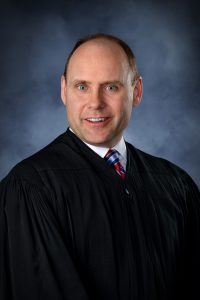
Chief Justice Loretta Rush asked Scheele about how he works to build trust in the judiciary as a judicial officer currently.
He said that children come and visit the court in Lake County and that it is important for them to see the court. Scheele also added that the Indiana Court of Appeals is working on building trust in the judiciary by having their appeals on wheels program along with quickly publishing opinions thoroughly explaining their rulings.
When asked what he would change about his career, Scheele said he would have liked to have had some sort of military service.
He said he sees the role as appellate judge as an ambassador and would look forward to serving on committees and being in the community.
“If I were to advance and be appointed to this incredible career challenge, one that I would enjoy, embrace, and I know rise to the level of achieving. I would look forward to that next step,” Scheele said.
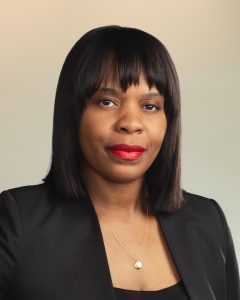
A. Elizabeth Underwood interviewed next. Underwood recently left private practice and accepted a professor position at Indiana University Robert H. McKinney School of Law to teach contracts and sales.
When asked about her move from private practice into the world of academia she said she felt as though she exhausted all she could do in the private sector.
Underwood added that if she could change something about her career she would have gone into the public sector.
“I believe that, first and foremost, I am here to serve. Secondly, I believe that I have the intellectual curiosity and rigor that would be required for this position,” Underwood said.
Before lunch and executive session break, St. Joseph Superior Court Judge Stephanie E. Steele was interviewed by the commission.
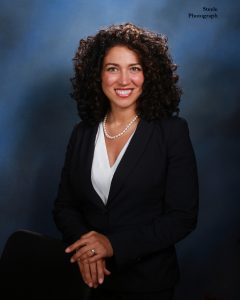
Steele was appointed to the St. Joseph County bench by Holcomb in 2021.
“It took a lot of generations to get me in this chair,” Steele said.
Steele brought along her two children and her husband who is also a lawyer.
She was asked whether she would encourage her children to become attorneys. She said she doesn’t encourage them to do so but wouldn’t tell them not to.
When asked what the perfect day on the Indiana Court of Appeals would be like for her, she jokingly said it would involve ice cream. The perfect day for her would involve an appeals on wheels and answering children’s questions about the judiciary.
Steele said that the judicial branch should not be political. She added that she focuses solely on case law and even pays attention to what other jurisdictions are doing.
“If selected, I’d make you proud,” Steele said.
Lake Superior Court Judge Gina Jones was first up after lunch and was accompanied by her aunt who Rush had spoken to during the application process.
Rush started by asking Jones what she would tell law students. Jones responded that she would tell them to use their voice no matter what.
“You can still be the voice of change no matter where you are in your space,” Jones said.
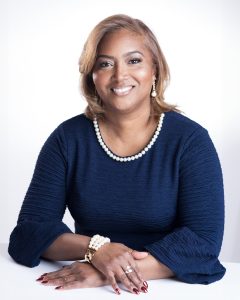
When asked about her community involvement she said being involved with children early on is important to her.
“If I don’t contact them early on then I’m going to see them later (in court),” Jones said.
“So, impacts like that are what I want to continue to make,” Jones said.
Former congressional candidate and Allen County Judge and now senior judge Wendy Davis addressed concerns the commission may have about her political views.
“I was quickly humbled by the toxic nature of the congressional race,” Davis said.
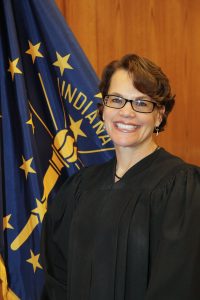
She said that it is important to keep politics out of the judiciary and be transparent.
“I never let any of my political ideology slip into my rulings,” Davis said.
Patterson asked if there had been a time where she didn’t agree with a ruling she made due to her beliefs but had to follow the constitution. Davis responded that it had happened many times and gave minor gender changes as an example.
When asked her thoughts on the merit selection process compared to an election, she said the merit selection process is better.
“I think politics has to stay out of the judiciary. So, what we’re doing today is extremely important to the integrity and the institutional integrity of our court system,” Davis said.
She said her greatest accomplishments on the trial court bench was working on the problem-solving courts.
“I really am committed to the rule of law and committed to institutional integrity of judiciary. I am committed to ensuring politics stay out of the judiciary. I tried my hand. Didn’t like it, don’t want to go there again,” Davis said.
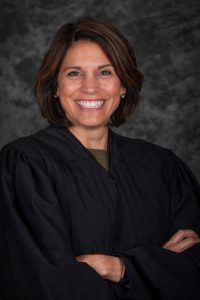
Lastly, Porter Superior Court Judge Mary A. DeBoer entered the room for the last interview.
Rush asked her how she would write a court of appeals job description. She said she would say solid work ethic and forward facing in the community.
One of her greatest accomplishments as a judicial officer has been creating the first truancy problem solving court in Indiana. She gave the example of one teenager who became the first in his family to graduate high school and even inspired his brother and father to earn their GED.
“I intended to showcase the judiciary in a positive light and to collaborate,” DeBoer said.
After deliberating in executive session, the commission will publicly vote on three candidates to submit to the governor for him to appoint to the appellate bench.
Note: Indiana Lawyer has updated this story.
Please enable JavaScript to view this content.

